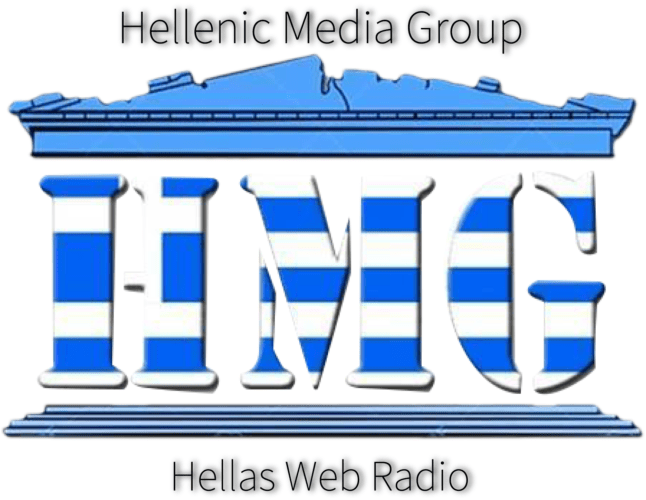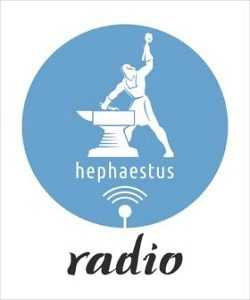The European Commission has released its proposal for a Media Freedom Act, to a mixed reaction from civil society and media sector organisations.
The regulation aims to increase the transparency of media ownership and introduce safeguards on editorial independence and media pluralism and comes as part of the Commission’s broader European Democracy Action plan, announced in December 2020.
While many media organisations have broadly welcomed the Act, others have been outspoken in their opposition to the regulation’s introduction, particularly given that media policy is usually regarded as a national competence.
Speaking at the Act’s release on Friday (16 September), Commissioner for Values and transparency, Věra Jourová, said, “For some, it will be too much. For some, it will be too little. For some who say the EU should not regulate the media landscape in Europe, we have a message: we believe the opposite.”
“Some expected that we would come with something like the Atomic bomb, some expected that we would come with cosmetics”, she added. “I believe that we are somewhere in the middle.”
The final version contained no significant updates to a leaked draft of the text, seen by EURACTIV last week, but this also meant the absence of any last-minute introductions of more concrete transparency measures, which were notably missing from the initial version.
The Act is the most significant step in a relatively active year regarding EU-level media initiatives. It follows the introduction of a Recommendation on the Safety of Journalists last September and the Commission’s anti-SLAPPs directive, released in April, intended to clamp down on the deployment of abusive lawsuits against media workers.
The act is configured as a piece of internal market regulation, covering the EU-wide media market rather than a direct media policy.
It will replace the existing European Regulators Group for Audiovisual Media Services (ERGA) with a new body, the European Board for Media Services, which will be made up of representatives from national media regulators and tasked with advising the Commission on the regulation’s implementation and drawing up opinions on national-level media issues.
News Media Europe, a group that brings together news publishers, called for the scrapping of the new Board, warning that it could pave the way for state control of the media. While supportive of the Act in principle, the group said a serious amendment would be needed to ensure it did not undermine press freedom instead.
The law will also require media service providers to provide audiences with information about their ownership. Still, any transparency measures beyond this are left to the non-binding recommendation that accompanies the regulation.
Governments will, however, be prohibited from interfering in media service providers’ editorial independence and will be required to ensure that public funds, including state-funded advertising, are allocated via transparent and objective processes.
The Act also introduces obligations on governments for the audience measurement systems on which these allocations might be based and puts the Commission in charge of annual media market monitoring.
A broad coalition of groups, including the European Federation of Journalists, Reporters Without Borders and the International Press Institute, also welcomed the initiative as breaking new ground in protecting media freedom in Europe.
However, they said in a statement that if the regulation is to be effective, several changes would be required, including more concrete measures on transparency and further safeguarding the independence of both .national media regulators and the Board.
The regulation also covers the relationship between press publishers and online platforms, requiring the latter to allow outlets to declare themselves editorially independent media bodies and obliging the platforms to more comprehensively justify the removal of any content.
Those working in the anti-disinformation field, however, have raised concerns that, echoing debates that arose with the Digital Services Act, the inclusion of a similar “media exemption” could create loopholes that allow for the spread of disinformation by giving media a special status when it comes to content removals.
In a nod to the still-accelerating Pegasus scandal, interdictions on the use of spyware and surveillance tools against journalists are also included in the text, along with public service media-specific protections designed to prevent these outlets from becoming tools for state or party propaganda.
Some groups, however, have expressed more fundamental resistance to the regulation’s introduction. EMMA/ENPA, an organisation representing press publishers in Europe, has been outspoken in its opposition to the Act, arguing that the regulation risks damaging EU media systems that are working well and harming editorial independence.
“Not only large online platforms but also media regulators can now interfere with the free press, while publishers are estranged from their own publications”, said Ilias Konteas, EMMA/ENPA’s Executive Director. “The editorial freedom of press publishers is under threat and with that the foundation of press freedom in Europe.”
In direct response to the concerns raised by publishers, Jourová said on Friday, “we want to keep the things that work well in the member states untouched.”
[Edited by Luca Beruzzi]
Source: Euractiv.com















Leave a comment